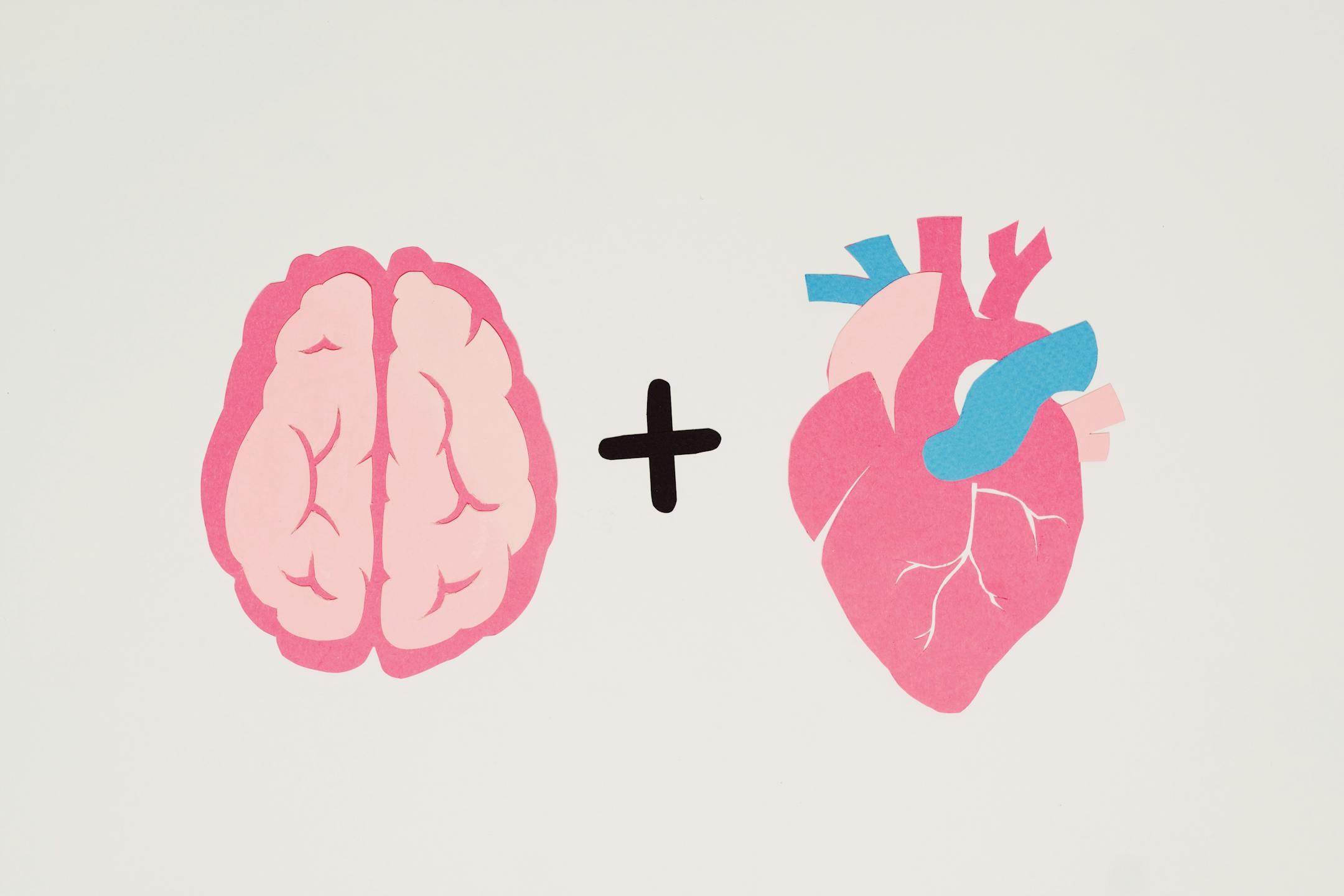
Have you ever found yourself clenching your jaw without noticing? Or felt a knot in your stomach for no clear reason? Maybe your throat tightens, your breath shortens, or your body freezes—even when your mind insists everything is fine.
These are not random sensations. They’re not flaws or weaknesses. They’re messages—your body’s way of saying no before your conscious mind can catch up. In a world that profits from our disconnection, learning to listen to these cues is one of the most important things you can do.
The truth is, your body often knows the truth before your mind is ready to admit it. When the mind is clouded, the body becomes the early warning system. Yet modern life makes this process harder than ever.
The same brain systems that regulate emotions are constantly disrupted by:
These stressors hijack the brain’s natural balance. The fight-or-flight system gets stuck in overdrive. The prefrontal cortex—responsible for reasoning and regulation—struggles to function. Instead of balance, we experience reactivity, distraction, and emotional fog.
When the brain cannot regulate emotions properly, the body takes over. Tightness in the chest, racing heartbeat, shallow breathing, and frozen muscles are not accidents. They are survival signals honed over millions of years.
Yet, we often ignore these cues, telling ourselves to “push through” or “suck it up.” Over time, this teaches us to mistrust our own bodies. The gap between what we feel and what we allow widens, leaving us unbalanced and estranged from self-knowledge.
Research shows the cost is widespread. A 2025 Journal of Mental Health and Wellness study found that 35% of U.S. adults report significant struggles with emotional regulation. The Lancet Psychiatry reported nearly half of adults worldwide face persistent regulation difficulties. These numbers represent real people living in burnout, anxiety, depression, or compulsive coping patterns—struggles directly tied to diet, media use, sleep, and chronic stress.
The paradox is this: while the brain can be dysregulated by modern life, it can also be rewired through presence, attention, and body awareness. Listening to our bodies helps us catch emotional dysregulation earlier, interrupt harmful cycles, and strengthen resilience.
Recent research confirms what many intuitively know. A 2025 study published in BMC Psychology introduced the Body-Mind Connection Questionnaire (BMCQ-10). Results showed that individuals with stronger body-mind awareness not only felt positive emotions more vividly but also regulated them more effectively.
In short, tuning into bodily cues isn’t just intuition—it’s a measurable skill linked to emotional resilience.
The next time your jaw tightens, your chest grows heavy, or your breath shortens, pause before pushing it aside. These aren’t flaws—they’re messages. Listening is the first step toward healing.
In a world that thrives on our disconnection, honoring what your body is saying is not optional. It is a requirement for lasting balance and well-being.
______
References
If you’re ready to break patterns, build clarity, and feel seen— Book a free 15-minute consultation or schedule your first session today!